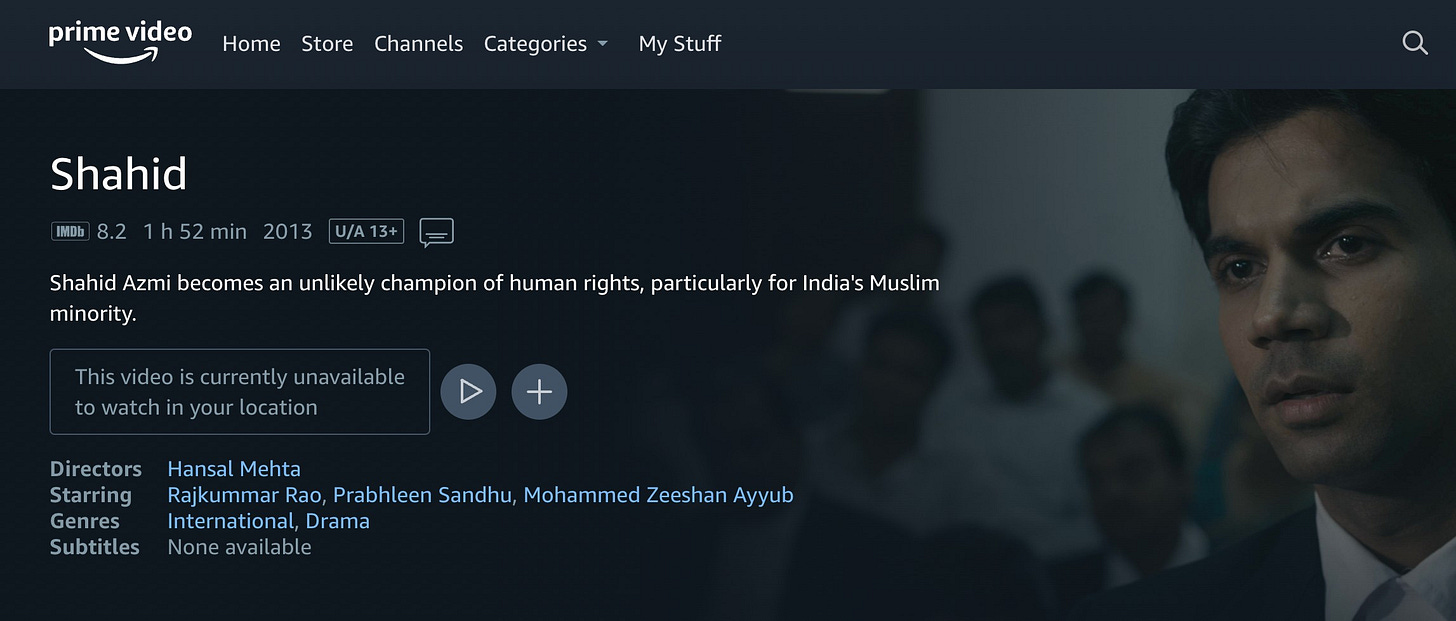The World Might be Flat
Someday. But not today.
Before Magda and I traveled around the world in 2007 I was worried about all sorts of things happening to us. I shouldn't have been, not really. Everything went wonderfully well and our eyes were opened to the complexities of world culture that is very hard to read about and internalize from afar. Visiting three countries in Africa was especially eye-opening and heartening—South Africa, Kenya and Namibia remain three of the most welcoming and engaging countries I’ve ever been. I did notice a trend though as we traveled. While much of the world has adopted “western” conveniences like the smart phone and the internet, western style Liberalism is still a remote land. Thomas Friedman was right in a way when he wrote his book “The World is Flat,” meaning, with the help of the internet we can see and communicated freely with every place on earth, thus the culmination of human ingenuity can be shared throughout. There is truth in this.
But the trend I noticed was that while technological advances had been adopted from the world’s mega-cities to the heart of the Kenyan countryside, tribalism, ancient inter-cultural hatreds amongst neighbors, towards women, against sexual-minorities have remained. I guessed that these old prejudices and animosities would be gradually ironed out by increased communication and representation.
But have you ever ironed a sheet? Notice how as you iron, the sheet bunches up before you as you push the hot metal plane against an otherwise newly smooth surface?
This is what I pictured after 9/11, radical fringes of the Islamic world bunching up against the inevitable spread, and flattening, of knowledge and modern ideas of human rights (which some of the countries in “the west” have since started to disavow, but that’s another entry). Surely as we learned about each other, realized the potential of overlooked minorities, and came to have empathy for the underrepresented, surely the world would become truly flat.
I think readers of this blog have already realized that I’m hopelessly naive.
The right-wing Hindu government in India is currently inflaming anti-Muslim sentiment. India is home to the largest Muslim population on earth. The history of Muslims in India is bloody and repressive from both sides, historically fascinating, and also periodically a portrait of how different belief systems can get along extremely well. Until they don’t.
One of the first non-western Muslims I ever met was the owner of a tour company in Rajasthan, India. We were chatting before the tour when he asked me, are you a Christian?
I allowed as to how I came from a largely Christian family without delving into my personal atheism.
He said, oh that’s good. We are brothers. We believe in one God, not like these Hindus.
That was the first time I’d ever heard something like that. A rural Muslim felt he had more in common, spiritually, with a nominal Christian than he did his neighboring Hindus. Initially I was pleased, maybe our disparate cultures could find common ground! Maybe he was making a connection between the two of us, or maybe it was the shadow of something more sinister, more local.
Later I would hear upper-class (read, upper-caste) Indians, Hindus all, say some pretty awful things about Muslims. This era was still in the shadow of 9/11 and I think they thought they’d find a sympathetic ear from an American. Their animosity unnerved me. Which would win, I wondered, nervously; my naive concept of greater understanding between ethnicities due to burgeoning online communities—the expansion of capitalist enterprises like Amazon and Facebook that require as broad a consumer base as possible—or the ancient tribalisms that seemed to be starting to seethe once more?
There’s an opinion piece today in The Washington Post about a growing anti-Muslim hysteria across India, due in large part to Prime Minister Modi’s Bharatiya Janata Party constantly whipping up anti-muslim sentiment. Online.
An Indian friend posted something on the feebs the other day noting that an Indian made movie about an Indian lawyer fighting for Muslim rights had been geo-blocked for the entirety of India. It was blocked by Amazon.
I always assume we all want progress. I would assume India, the world’s largest, most diverse democracy, a country that has aspirations to go to Mars, would see that progress and stability requires the efforts of all Indians. But while India has a modernizing space program, it also is currently fomenting deep distrust between Indians based on ancient tribal hatreds, using modern means.
Sound familiar?
We in the US are also seeing this duality between history vs. hope and we may be in a world wide horserace between the two. Maybe we always have been.

